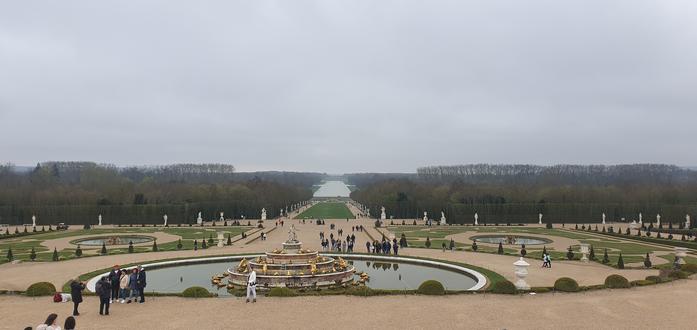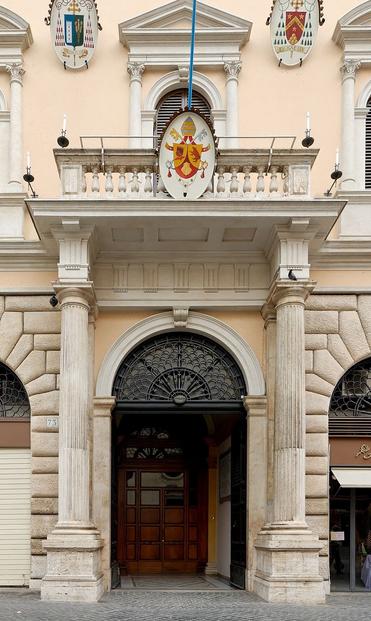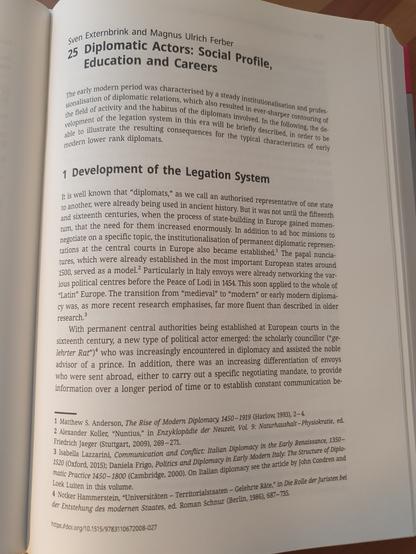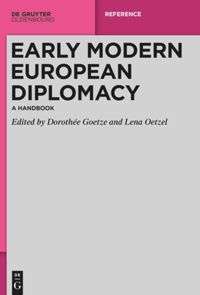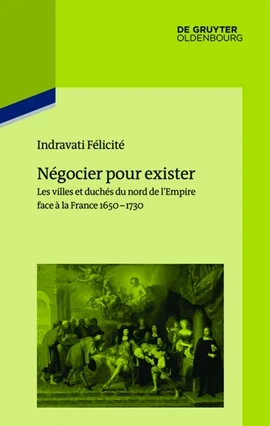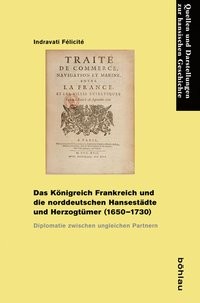A few weeks ago one of editors @LenaOetzel visited Versailles for the first time. Listening to the audioguide she felt the strong need to talk about #earlymodern female diplomatic/political actors and how they are represented in popular culture (or at least in this audioguide...).
True to the motto that every month is #WomensHistoryMonth, here is a thread about the women of Versailles - or at least two of them. (1/7)
#emdiplomacy #emdiplomats #Versailles #earlymodern
#France #EarlyModernEurope
@histodons @historikerinnen @earlymodern
